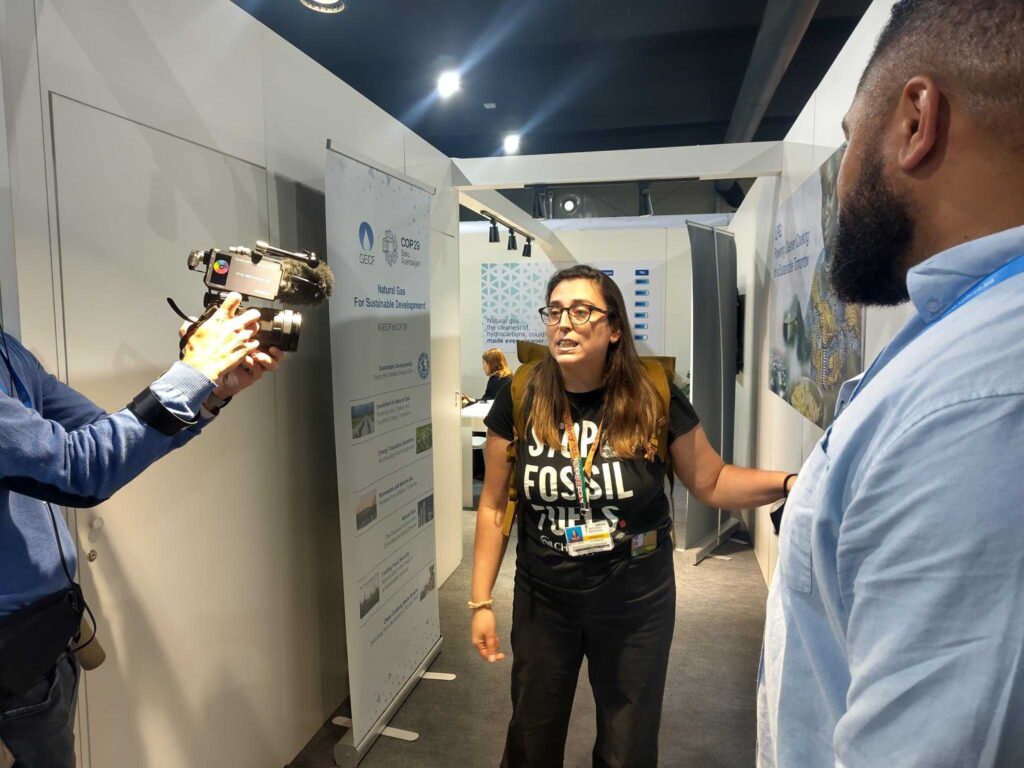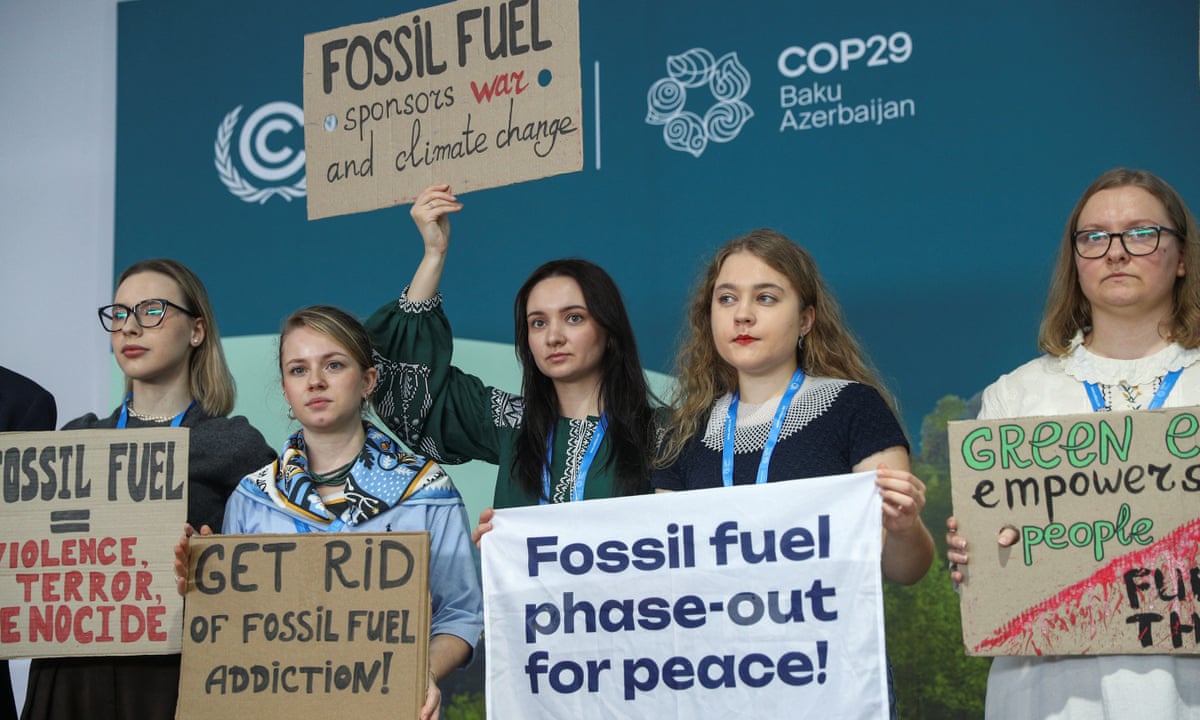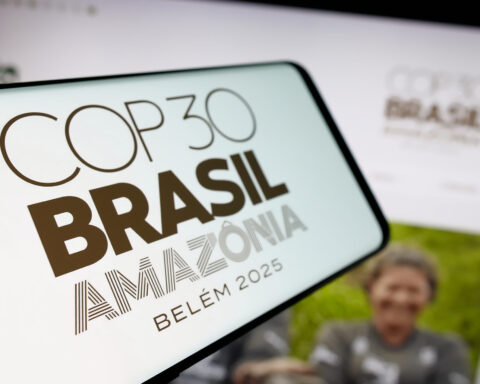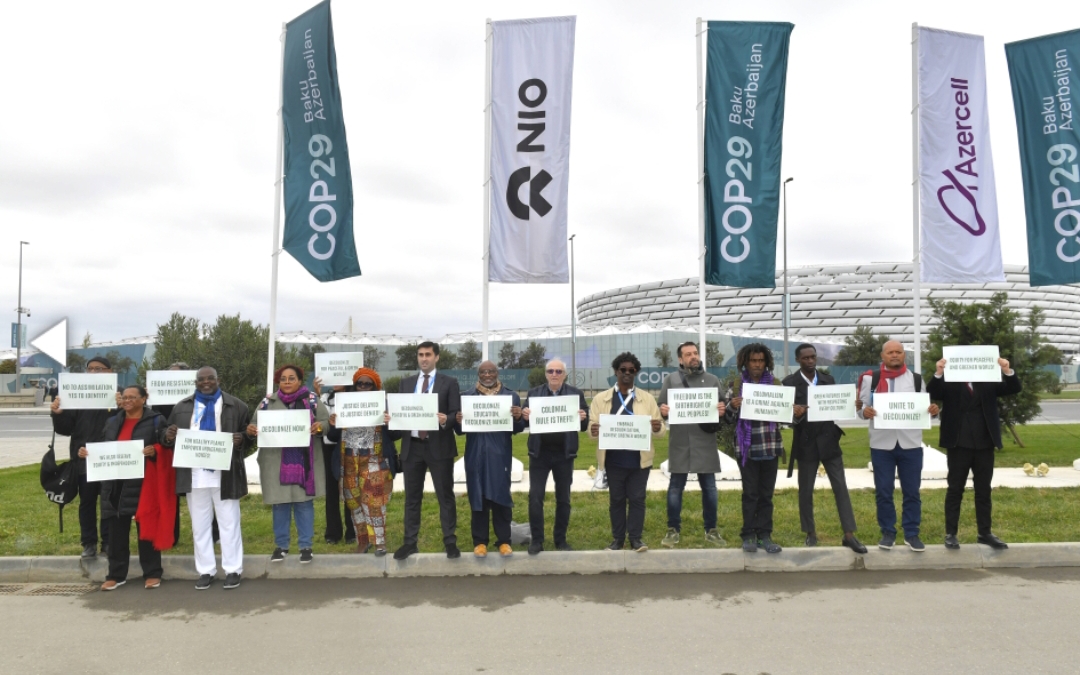Activists have raised concerns over the participation of approximately 1,700 fossil fuel lobbyists at the ongoing 29th UN Climate Change Conference (COP29) in Baku, Azerbaijan, labeling their presence as a hindrance to global climate action.
The activists, from prominent organizations including 350.org, the Center for Biological Diversity, Earthworks, Oil Change International, and the Pacific Climate Warriors, staged a rally at the pavilions of the Organization of the Petroleum Exporting Countries (OPEC) and the Gas Exporting Countries Forum (GECF).
They accused the fossil fuel industry of dominating negotiations and impeding progress on climate solutions.
Joseph Sikulu of 350.org and the Pacific Climate Warriors decried the disproportionate influence of fossil fuel representatives at the summit. He stated, “2024 marks yet another year at COP where we see those fighting the climate crisis outnumbered by those who have contributed to it the most: the fossil fuel industry.”

Sikulu drew comparisons to the World Health Organization’s ban on tobacco lobbyists at its summits, questioning why the same standard is not applied to the fossil fuel industry at climate conferences.
“How can we achieve the ambition needed to save our homes when these negotiations are continually flooded with fossil fuel lobbyists?” Sikulu queried. “We demand that the upcoming COP presidencies set clear rules against the presence of fossil fuel interests at the negotiating table. Our lives depend on it.”
The protesters emphasized the urgency of addressing the climate crisis and called for a shift in the structure of future climate negotiations to prioritize voices advocating for climate justice over those representing industries driving global warming.
This protest comes amid mounting criticism of COP conferences for allowing fossil fuel representatives to participate, with activists arguing that their influence undermines meaningful climate commitments.
Observers are now watching to see how COP29 organizers and future presidencies will respond to these demands.
By Dare Akogun








